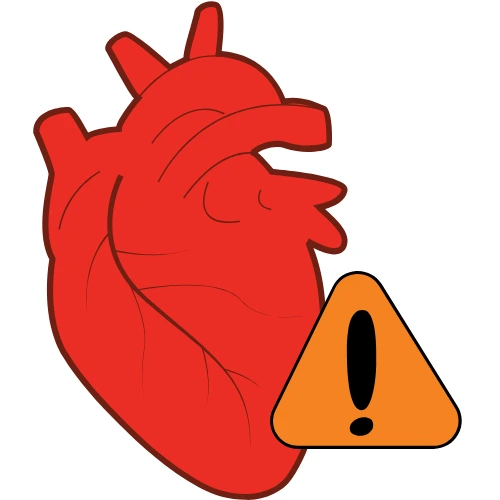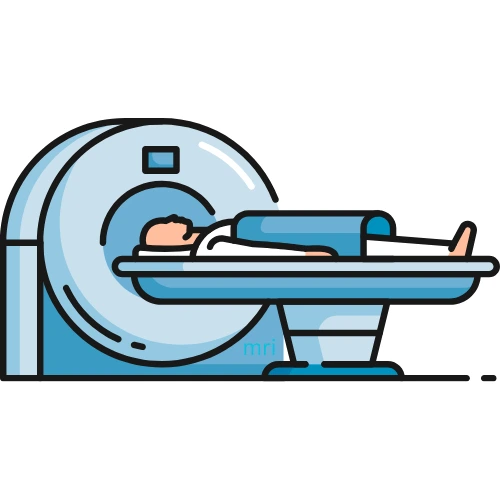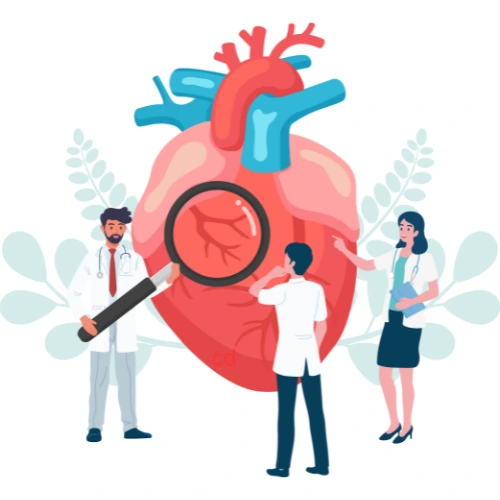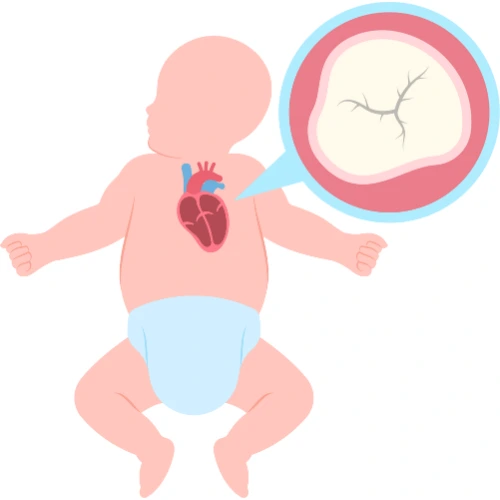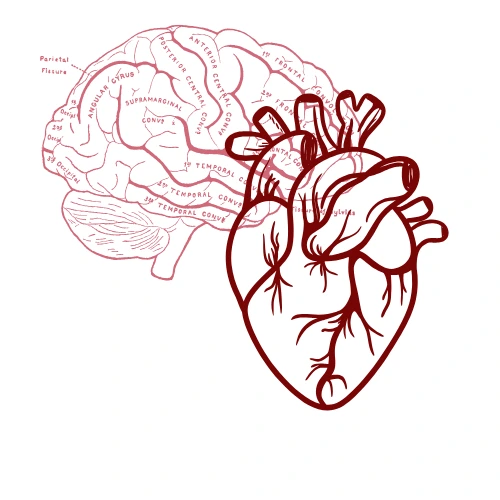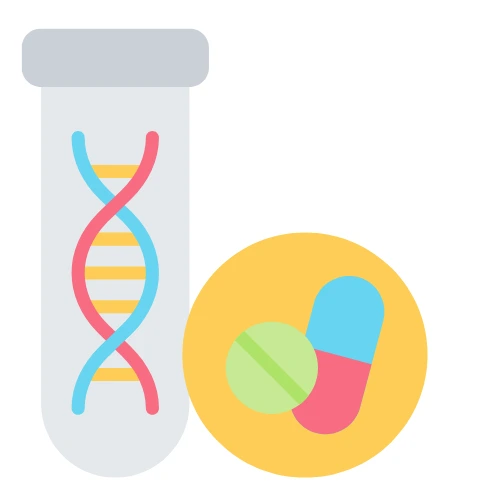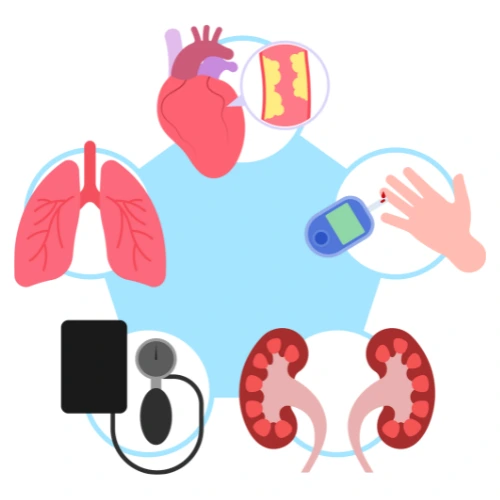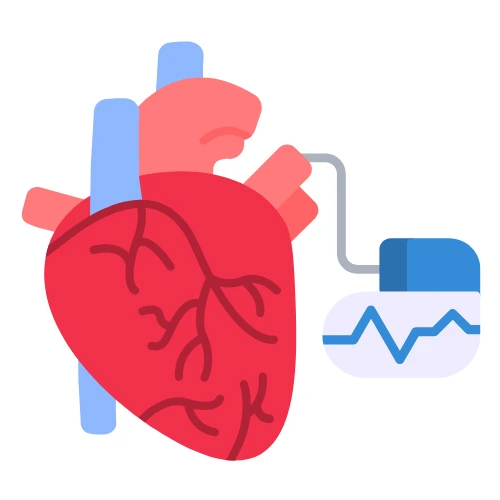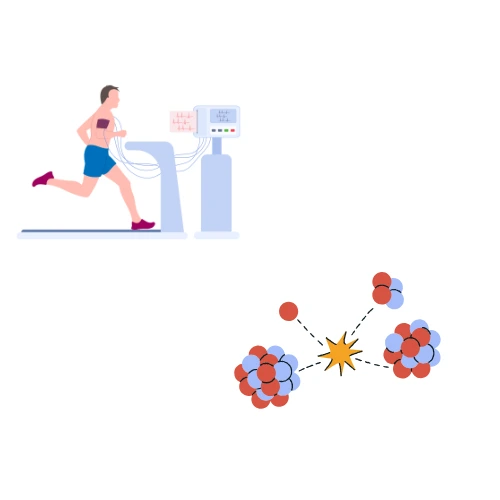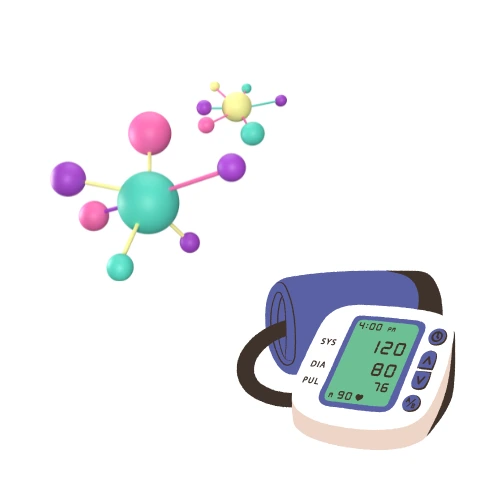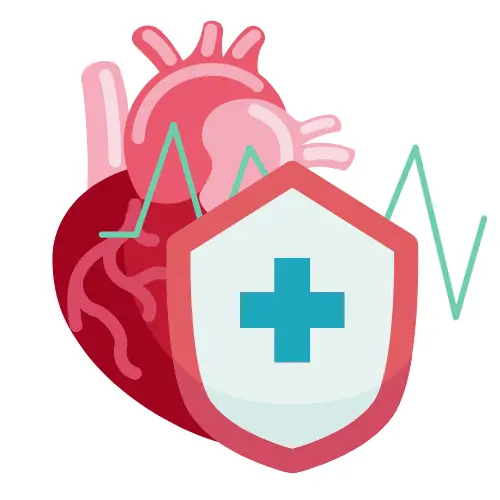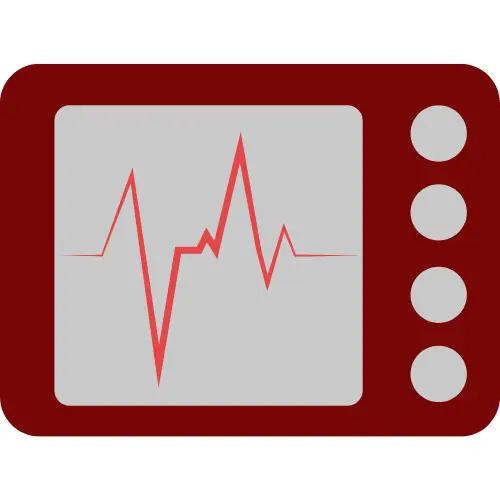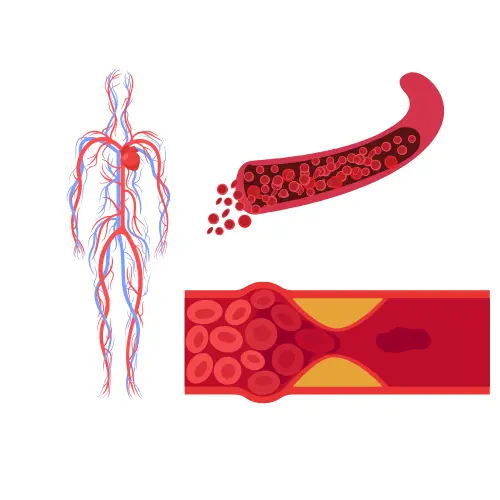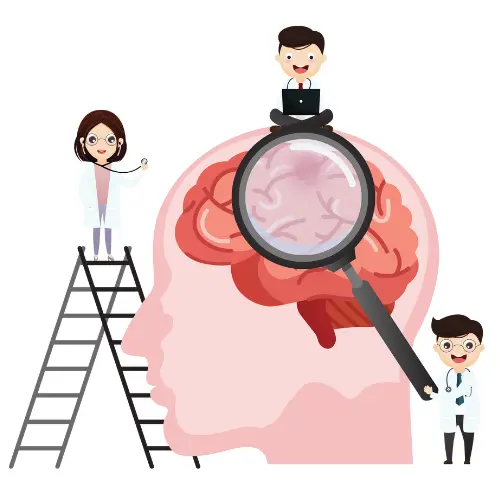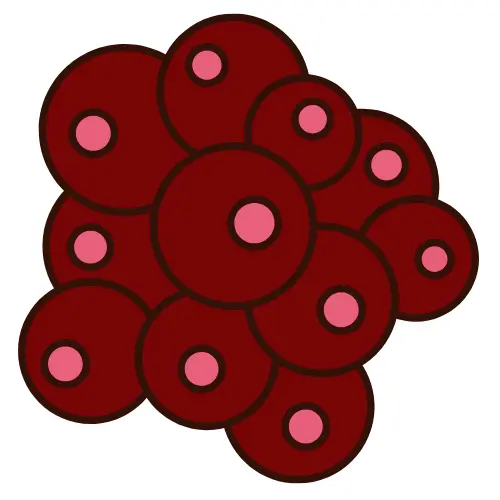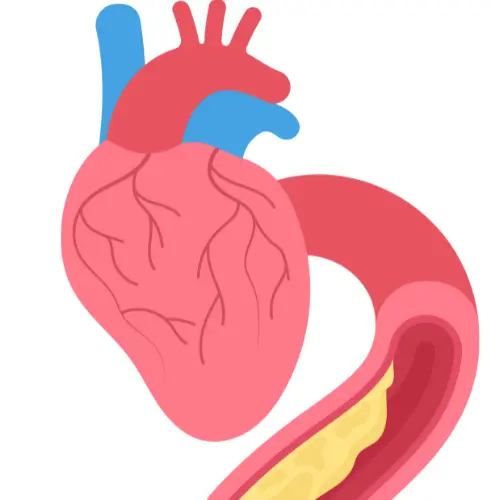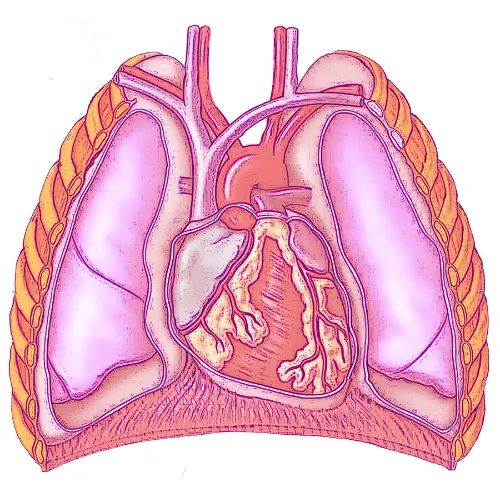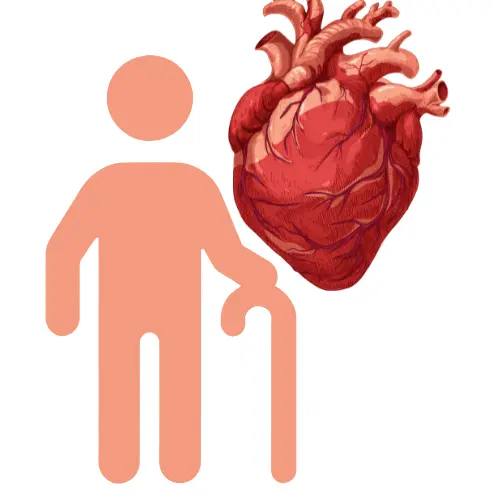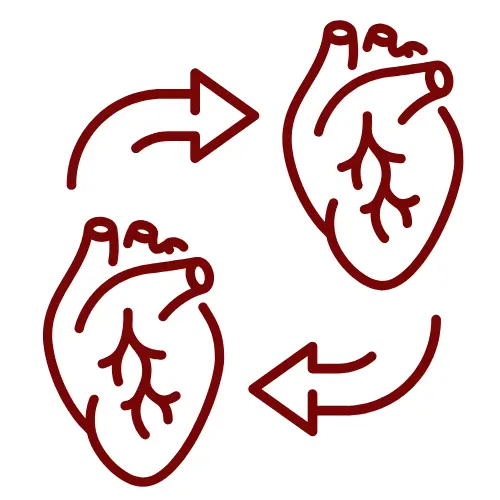Molecular and Cellular Cardiology
Molecular and Cellular Cardiology pertains to the field that tries to understand the working mechanisms at the molecular or cellular level that underly heart function, disease, and repair. This kind of understanding draws insights from both genetics and biochemistry-cum-cellular biology to unravel the mechanism of cardiac function and the disruption of heart diseases at the molecular level in the working of cardiac cells.
The heart consists of a mix of cell types; major cardiomyocytes, or heart muscle cells; connective fibroblasts and endothelial cells along with various immune cells. While contraction is necessary for the heart to keep blood flowing, it lies with cardiomyocytes – making this cell type, on its own, incredibly important for the survival and efficiency of the organism as a whole. Molecular cardiology aims to identify and define how signaling pathways lead to altered gene expression patterns or altered protein interactions with downstream effector proteins – basically trying to discover new molecular targets for heart attack drug therapies. This research is important, but very frankly, there is not one cardiomyocyte cell capable of regeneration and not much else.
Of much interest are the findings on how the mutations might contribute to cardiomyopathy and arrhythmias. The highly powerful methods of CRISPR gene editing as well as RNA sequencing allow for finding patterns or mutations in critical genes relating to heart functions. Additionally, cell line research resulted in the establishment of cultured cardiomyocytes, from which cell-based therapies will be derived. Maybe soon, the potential regeneration of damaged cardiac tissues can happen.
Cellular cardiology is also exploring mitochondrial function, oxidative stress, and apoptosis in heart disease. For instance, the deranged regulation of mitochondrial energy production leads to an energy deficit in cardiomyocytes, which is the real cause of heart failure. Such knowledge will eventually open avenues for targeted therapy to limit damage and promote regeneration of the heart.
Molecular and cellular cardiology has the potential to develop new diagnostics, therapies, and perhaps preventives at such a microscopic level of the heart that could ultimately improve patient treatments for cardiovascular diseases.
Get In Touch
Other Sessions
Related Topics
- International Conference on Molecular and Cellular Cardiology
- Molecular and Cellular Cardiology Virtual Conferences
- Molecular and Cellular Cardiology Webinars
- Molecular and Cellular Cardiology Congress 2025
- Molecular and Cellular Cardiology Congress 2025
- Molecular and Cellular Cardiology Conference
- Molecular and Cellular Cardiology Events
- Global Conference on Molecular and Cellular Cardiology
- International Conference on Molecular and Cellular Cardiology
- Molecular and Cellular Cardiology Conferences 2025
- Molecular and Cellular Cardiology Conferences
- Molecular and Cellular Cardiology Conference 2025
- Molecular and Cellular Cardiology Congress
- Molecular and Cellular Cardiology Meetings
- Molecular and Cellular Cardiology Workshops
- Molecular and Cellular Cardiology Virtual Conferences

